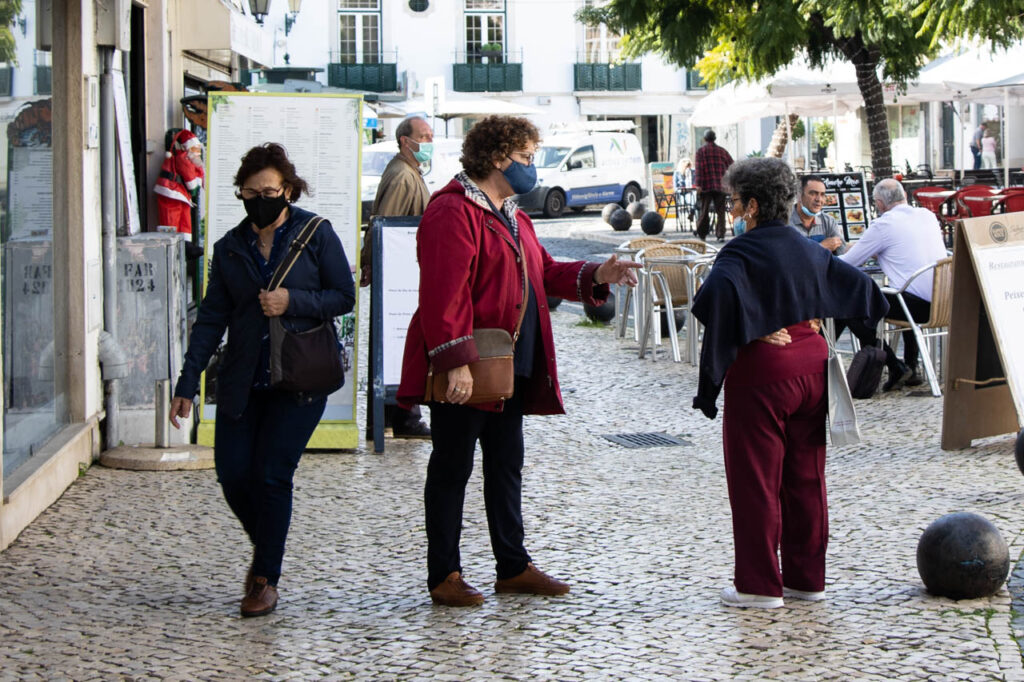The arrival of the pandemic in Portugal implied changes in routines and the adoption of preventive measures in order to contribute to the control of the infection.
In theory, this control should be simple. After all, it essentially depends on individual behavior.
However, reality does not show it. What can contribute to explaining that some people protect themselves and others don't? Or that some people, who adopted preventive behavior, have stopped doing it?
The answers to these questions must be analyzed through the contributions of Psychological Science models that demonstrate the existence of different factors in explaining these individual differences.
We might think that the information would be enough for people to follow the recommendations and take preventive measures. However, if, on the one hand, knowledge (scientific information, as a counterpoint to misinformation, including fake news) is important, studies show that, by itself, it does not necessarily translate into change. What other factors can explain these differences?
Beliefs, unfounded ideas, about the infection, protective measures, treatments or potential vaccines, which can be influenced by knowledge.
Realize that we are at risk of getting infected. Realize that if we become infected, it can be serious and have consequences for our health.
The attitudes of others, particularly significant people, along with pressure from social groups.
The opportunity, along with the effort, to be able to implement the measures. Plan what to do when we encounter barriers (for example, when in a commercial space, the dispenser is empty or broken). Trust, in authorities and in the ability to manage difficulties.
The intention and commitment to adopt these measures, together with the motivation/readiness to maintain them.
However, there are also emotional variables that can influence the adoption of preventive behaviors. Fear, a natural emotional reaction to situations of threat and uncertainty like the one we live in, can fulfill a protective function, if contextualized. Pandemic fatigue, which may contribute to some people decreasing their commitment to maintain preventive behaviors.
At a time when the psychological consequences of the pandemic, putting mental health at risk, are already demonstrated, these aspects are of particular relevance.
We know that there will always be people who will have difficulty adopting health behaviors. However, whether or not you agree with the measures, whether or not we have difficulty understanding why some recommendations change (in fact, the explanation is simple, the recommendations change depending on the evidence), the role of our behavior in society. In accessing health care. When accessing work and/or school. In accessing the people who matter to us and the activities that matter.
Our individual responsibility is at stake. Before others, before ourselves. It is up to us, at this time so challenging for everyone, to be actively responsible.
Take cover. For your health!
Happy Holidays, in safety!
Author: Marina Carvalho is a Clinical and Health Psychologist, Specialist in Psychotherapies; Director of the Department of Psychology and Physical Education at ISMAT; Main Health Assistant at CHUA Psychiatry Service – Portimão Unit; Integrated Researcher at the Institute of Environmental Health – Faculty of Medicine, University of Lisbon



















Comments